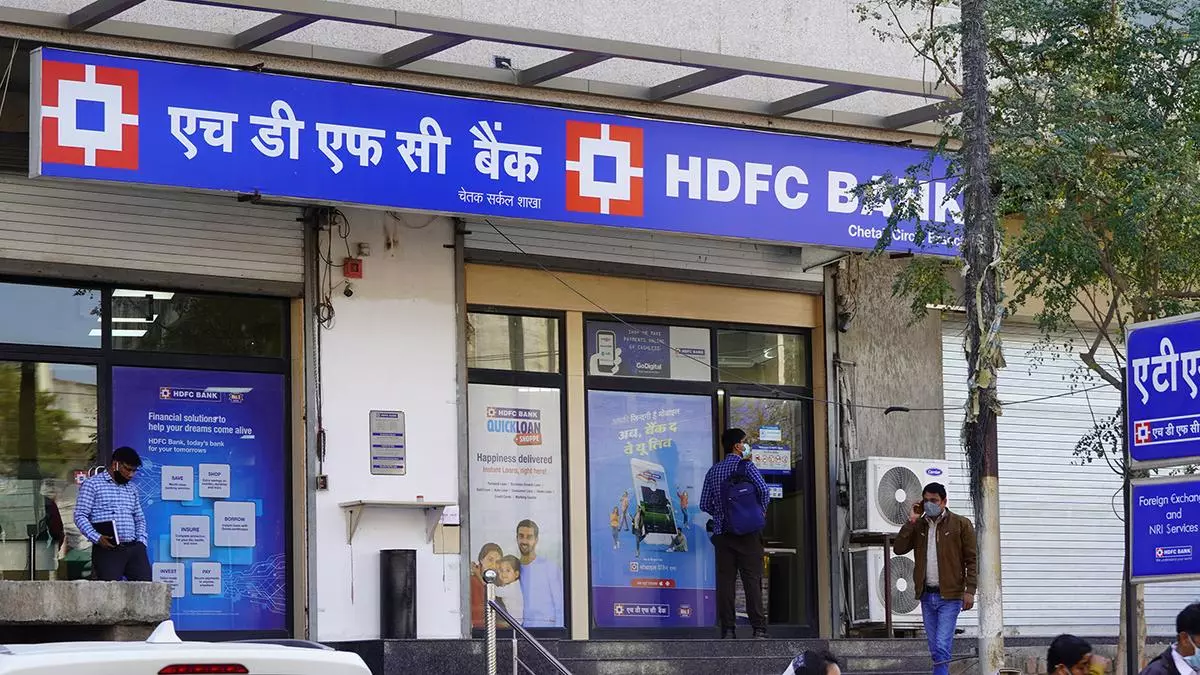Large private banks’ attrition rate falls in FY24
Holding managers accountable, smoothing the onboarding process, and offering higher incentives, among other factors, have helped India’s large private banks lower the attrition rate in FY24 compared to the previous fiscal, data from banks’ annual reports showed.
“The bank, like the rest of the BFSI sector, has experienced a volatile talent landscape in recent times. Attrition was a matter of concern for the bank as it was for the industry in FY23,” said Sashidhar Jagdishan, MD and CEO, HDFC Bank.
“In FY24, the bank has taken several efforts to arrest attrition, including setting up a task force at the highest level to identify the controllable causes and taking corrective action,” he said. Managers are the primary custodians of talent, the MD said, and the lender has made many efforts to raise awareness and accountability towards retention and engagement of their teams.
- Also read: FiniMn asks private banks to enhance focus on serving marginalised for their banking needs
HDFC Bank’s attrition rate moderated by 7 per cent year-on-year (y-o-y) to 27 per cent in FY24. The attrition rate of women employees at the bank was slightly higher at 28 per cent compared to men, whose attrition rate stood at 27 per cent. By age group, employees under 30 years had the highest number of exits from the largest private bank, followed by employees in the 30-50 age group.
Jagdishan said the lender has invested in improving employee experience across various touch points along the employee lifecycle. Some measures include an enhanced onboarding experience, curated professional learning through Mpower (the bank’s learning experience platform), and an active listening framework “to stay connected with the pulse on the ground”. The lender continues to invest in upskilling its talent base of over 2 lakh employees, clocking over 65 lakh learning hours in FY24.
“The year saw the introduction of an AI-based learning experience platform for employees which enjoyed an adoption rate of 86 per cent in the first 30 days, getting off to a promising start,” he said.
ICICI Bank, Axis Bank, and Kotak Mahindra Bank’s (KMB) attrition rate fell by 6 per cent each, reporting turnover rates of 25 per cent, 29 per cent, and 40 per cent, respectively. IndusInd Bank and YES Bank, meanwhile, were able to reduce their attrition rates by 14 per cent and 5 per cent to 37 per cent and 38 per cent, respectively.
KMB’s attrition rate was the highest among large private lenders. To address this, the lender undertook multiple initiatives throughout the year. In terms of career growth, the bank strengthened its existing career programs for frontline, relationship roles, and the customer experience centre. It launched specific programs for branch and elite relationship managers, as well as frontline roles such as assistant area managers in emerging markets and acquisition roles, leading to role changes across retail liabilities sales.
“The ‘PROPEL program’ aims at frontline roles in Corporate Salary, while the ‘GROW program’ offers compensation rises based on Sales and Operations Performance (SOP), tenure, and role, running twice a year for individual contributors in CEC and Virtual Relationship Managers,” the bank’s annual report said.
In terms of salaries and benefits, the lender introduced fixed incentives for the first six months in select businesses and implemented compensation fitment with a higher focus on branch managers, area managers at mid-level, and select senior levels. Additionally, coaching sessions and booster incentives were provided to improve colleague retention. The bank also launched a training program to develop supervisory skills among supervisors. Transition journeys were introduced to support new hires and new managers, and leadership connects, including pan-India town halls and regional-level meetings, were organised to reduce attrition at KMB.
Vikram Gupta, Partner—BFSI board and leadership, Hunt Partners, said attrition has been a significant challenge for private banks, especially during times of high demand for skilled talent. However, the trend is now stabilising as banks refine their talent retention strategies.
“Leading banks are enhancing employee engagement, defining clear career paths, and offering competitive compensation to attract and retain talent. They are also investing in continuous training, effective onboarding, flexible work arrangements, and well-being programs, while leveraging HR analytics to proactively manage attrition,” he said.
Inclusive policies and employee resource groups further strengthen a sense of belonging and the regulator’s focus on lowering attrition underscores the need for thoughtful talent management, he added. Going forward, banks that innovate in their talent strategies will be better positioned to attract and retain top talent in a competitive market.
| Bank | Attrition rate in FY24 (in %) | Attrition rate in FY23 (in %) |
|---|---|---|
| HDFC Bank | 27 | 34 |
| ICICI Bank | 25 | 31 |
| Axis Bank | 29 | 35 |
| Kotak Mahindra Bank | 40 | 46 |
| IndusInd Bank | 37 | 51 |
| YES Bank |
